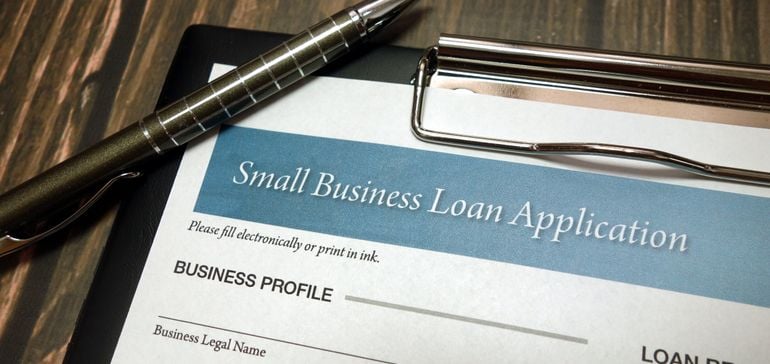A new proposal to allow fintechs to participate in the Small Business Administration’s flagship loan program is drawing strong pushback from bank trade groups who argue the move would threaten the integrity of the program and harm borrowers.
The new SBA proposal would end a 40-year moratorium on admitting new nonbank entrants to the agency’s 7(a) loan program by allowing fintechs and other nondepository lenders to apply for a Small Business Lending Company license.
Vice President Kamala Harris said the move is aimed at growing the program’s lender base and increasing small-business lending in underserved markets.
But traditional firms have voiced concerns with the proposal.
In a comment letter submitted last week, the Independent Community Bankers of America said the agency has failed to provide critical details regarding how it will oversee new and existing SBLCs, noting the agency has itself acknowledged it lacks the proper staffing or resources necessary to provide oversight to an expanded SBLC lending environment.
“The SBA’s proposal to allow nonbank fintechs and other non-federally regulated institutions to participate in its successful 7(a) loan program could unintentionally harm the very borrowers the SBA is trying to aid as well as the program’s underwriting standards,” ICBA President and CEO Rebeca Romero Rainey said in a statement last week.
Chris Hurn, founder and CEO of nondepository lender Fountainhead, which has been an SBLC-licensed lender since February 2019, has called the move a “recipe for disaster,” adding the agency’s slow response times and drawn-out approval processes, indicate the SBA “has a difficult enough time right now overseeing the current SBLCs.”
The SBA’s flagship 7(a) program provides small businesses with loans of up to $5 million. Under the program, the small-business agency guarantees up to 85% on loans up to $150,000, and 75% for loans more than $150,000.
Funding Circle, a fintech which has been lobbying for involvement in the program for years, applauded the SBA’s proposal in a comment letter it submitted last week.
Lifting the moratorium would allow the fintech to apply to originate 7(a) loans nationally, Funding Circle said.
“This would allow us to leverage our platform technology and more than decade of lending experience to expand access to 7(a) loans for underserved communities and to do so quicker, at a lower cost and with a superior customer experience,” the company said.
Addressing opponents’ assertions that fintechs are inadequately equipped to make SBA loans, Funding Circle pointed to its experience in government guaranteed lending in the U.K., where it is headquartered.
The firm said it has worked with the government-owned British Business Bank since 2013 and provided billions to thousands of businesses as one of the largest loan originators under the Coronavirus Business Interruption Loan and Recovery Loan Schemes.
The company also participated in the U.S.’s own pandemic relief program, originating $685.2 million to 17,631 small businesses as a Paycheck Protection Program lender, the company noted.
Bank trade groups, however, argue the PPP is a prime example of why fintechs should not be granted access to the government loan program.
Noting a recent House report that concluded several fintechs had lax anti-fraud standards, as well as several ongoing investigations into PPP fraud among nonbanks, the Consumer Bankers Association urged the SBA not to invite fintech entities into another federal government program until all probes are complete.
“While these investigations are ongoing, several early findings indicate a direct correlation between PPP fraud and non-bank Fintech participation in PPP,” the CBA wrote, a sentiment which was echoed by the ICBA in its own letter.
“ICBA recommends that SBA take no further action on SBLC formation until all federal, state, and local investigations on PPP fraud are complete,” the trade group wrote.
The American Bankers Association pointed out in its letter that the SBA’s Office of Inspector General found that the agency has provided “limited … oversight” of non-depository lenders in its programs.


